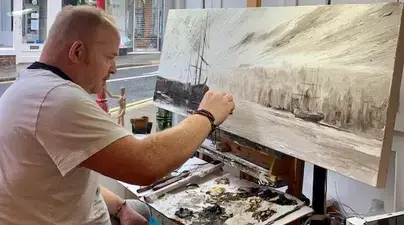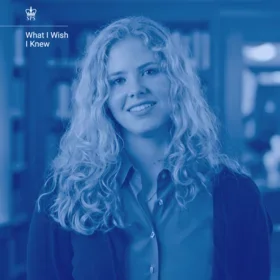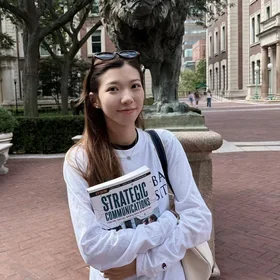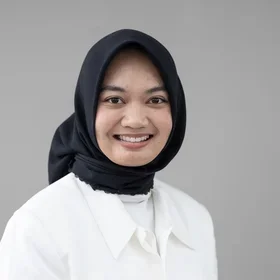After leading teams across a range of corporate industries from financial services to media, Hanna Qadir knew she wanted to venture into graduate studies in negotiation and conflict resolution. “The obvious choice was Columbia University’s Negotiation and Conflict Resolution program,” Qadir said.
The multidisciplinary nature of the program appealed to Qadir, who hopes to build on her career as a business strategist and analyze root causes and dynamics of conflict, allowing her to transform disputes in a multitude of settings.
“Since conflict managers are needed in literally every industry, I knew it would be a great choice when assessing future opportunities,” Qadir said.
Recently, Qadir was awarded a fellowship with the Coordinated Management of Meaning Institute, where she has worked on a project titled, “Breaking Barriers to Make a Better Social World: A Community-based Visual Dialogue.”
We caught up with her to learn more about her experience in the program and fellowship:
What type of skills have you been able to build through the Negotiation and Conflict Resolution program?
The program encourages you to truly understand yourself before being able to step into a conflict situation and create transformative outcomes. Coming from a practitioner background, I initially questioned the relevance of theoretical frameworks, seeing conflict resolution and mediation as a largely practice-based field, but then I came to the conclusion that to be a successful conflict resolution practitioner one needs a blend of both. The degree program allows you to apply the various theories and constructs to a multitude of real life situations.
The program encourages you to truly understand yourself before being able to step into a conflict situation and create transformative outcomes.”
Tell us about your fellowship with the Coordinated Management of Meaning Institute.
I was thrilled to be selected for the 2020 CMM fellowship with the overarching theme of “Going Beyond Polarized Narratives.” Having been introduced to CMM during a number of my classes in the NECR program, I wanted to look at the process of communication and the multiple ways meaning can be made – the real core of CMM.
Through my fellowship it was my desire to demonstrate that not all communication is verbal and express those narratives that cannot be put into words through focusing on the transformative and healing power of art and artistic expression leading me to my title of: “Breaking Barriers to Make a Better Social World: A Community-based Visual Dialogue.”
What does your fellowship involve? What is the final product?
My fellowship topic focuses on making communication through art and I wanted to explore a range of situations and identities where art performed a healing role. Through my research I interviewed both former military veterans as well as feminist artists who use art to free themselves from the burdens of society.
I see my fellowship as an interdisciplinary project and collaboration between the disciplines of art, conflict management, and social science / philosophy. The final product will be an academic paper but also an opportunity to incorporate my work into the NECR Fieldwork course.

Veteran and artist Adrian Wright at work in his studio. Wright was one of the participants in Qadir’s fellowship project.
What advice would you give future students in the program?
I would advise future students in the NECR program to be open to the learning journey and see it is an organic process! I would also suggest choosing electives that may not be seemingly aligned to conflict resolution but allow you to start thinking about how conflict can be influenced. For example, I chose a photography elective to determine how conflict can be captured on film and the visual element to any conflict situation.
Learn more about the M.S. in Negotiation and Conflict Resolution program at the Columbia University School of Professional Studies.


